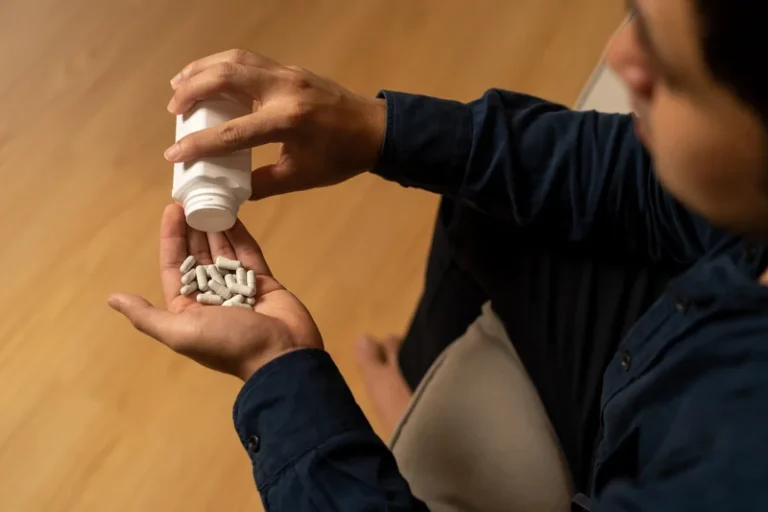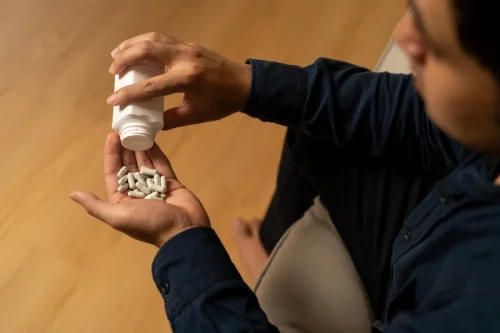
Besides wines, fruits like bananas, kiwi, melons, and grapes can also contain sulfites, though in much smaller amounts. This inflammation can trigger a wide range of symptoms like nausea, vomiting, muscle aches, heartburn, and even headaches. Additionally, alcohol can worsen existing allergic reactions as it suppresses the body’s ability to fight off foreign substances. Signs of an allergic reaction may include nausea, vomiting, hives, and itching. Red wines, for example, tend to have higher levels of histamines than white wine or beer.
Possible effect of the ingestion of alcohol on allergic rhinitis
Many people report that red wine causes the most noticeable nasal congestion, even in those without an alcohol allergy or alcohol intolerance. An alcohol intolerance is commonly mistaken for an alcohol allergy and is often misdiagnosed. If your body is unable to remove acetaldehyde from the body, symptoms like congestion, flushing, headaches, and more can persist. True alcohol allergy (versus an allergic reaction to ingredients in alcoholic drinks) is very rare. This will help reduce your nose’s contact with the drink and make it less likely to trigger a sneeze.

Awareness & Prevention
In addition to filtration, the use of fresh fruits and vegetables in cocktails can pose a risk for those with oral allergy syndrome (OAS). OAS is an allergic reaction to certain proteins found in raw fruits and vegetables, which are also present in many alcoholic drinks. As such, it is important for those who suffer from this condition to be aware of the potential risk that drinking certain cocktails may pose. Tannins are natural compounds found in many plants, including the skins, seeds, and stems of grapes. These are what give wine its bitterness, mouthfeel, and complex flavours, as they seep into the wine during the winemaking process.
Children’s Health
They will be able to provide the best advice for treating any underlying medical condition. Alcohol intolerance is a condition characterized by unpleasant reactions after drinking alcohol, such as an upset stomach, facial flushing, headaches and nausea. It is usually caused by genetic variations in the ALDH2 gene, which produces the enzyme that metabolizes alcohol. People with less active ALDH2 enzymes have difficulty breaking down alcohol, leading to uncomfortable reactions. Some people may be more sensitive to the tannins than others, making them more likely to experience this reaction after drinking a glass of red wine. To reduce the likelihood of sneezing from red wine, some experts recommend choosing wines with lower levels of tannins.
- Additionally, if you have a family history of alcohol intolerance or have experienced uncomfortable symptoms after consuming alcohol before, it may be wise to avoid drinking altogether.
- Sulphites are often added to wine as preservatives to keep them fresh and prevent oxidation, but they can also be created naturally during the process of winemaking.
- If you experience persistent or severe symptoms after drinking beer, it is recommended to consult a doctor or medical professional.
- While alcohol content does not directly cause sneezing, it can contribute to nasal congestion or irritation, potentially triggering sneezing in some individuals.
- The online discussions on this phenomenon range from catching a closet drinker in the act to a life-threatening allergy situation (please, carry an epi-pen in this case).
- Either way, it’s definitely something to keep an eye on if you’re out enjoying some beers with friends.
If any of the following scenarios seem familar, it Halfway house might be time to make some changes. If you get gustatory rhinitis, there are many treatments and management methods to choose from. While alcohol can help you fall asleep faster, it has a negative effect on sleep quality and duration. This is why people who drink alcohol at bedtime (especially in excess) may fall asleep quickly, but they are also more likely to experience fatigue and insomnia in the long run.

Are certain alcoholic beverages more likely to trigger sneezing?
If you find yourself sneezing after consuming specific alcoholic beverages, the culprit could be an allergy to certain ingredients in those drinks. For instance, some individuals may be sensitive to the sulfites present in wine or the hops in beer, resulting in an allergic reaction and subsequent sneezing. The symptoms of alcohol intolerance usually occur immediately after drinking alcohol and can be intense.
- However, sulfates can be found naturally in many alcoholic drinks like wines (mainly white), beer, vermouth, sake and some others.
- Tannins are natural compounds found in many plants, including the skins, seeds, and stems of grapes.
- This stimulation could lead to sneezing, particularly in individuals who have a hypersensitive trigeminal nerve.
- Most sufferers will first report minor breathing difficulties, traditionally accompanied by a noticeable increase in heart rate.
- When someone suddenly starts sneezing after drinking a few pints, it’s time for them to take a break and re-assess their drinking habits.
- Those “beer sneezes” do not mean you are officially drunk any more than the lack of sneezes mean you are okay to drive.

Filtration of wine is an important process in the production of a good quality beverage. It helps to remove harmful bacteria, unwanted tannins and other impurities from the liquid before it can be consumed. Egg whites and gelatin are two of the most commonly used filtration agents due to their ability to absorb proteins and reduce astringency. Alcohol and food allergies can cause serious health problems, yet many people do not take the necessary precautions to prevent them. Alcohol causes an increased permeability in cells, making it easier for undigested particles to enter the bloodstream and causing inflammation. Wine contains proteins from grapes, bacteria, and yeast, as well as sulfites sneezing after drinking alcohol and other organic compounds.

Histamines can be found in wine, as they https://ecosoberhouse.com/ are produced when yeast is used to ferment grapes. For these reasons, it is important for winemakers to be aware of the possible effects that histamines may have on some people. As such, The TTTB has proposed a change to the labeling requirements which will require winemakers to list any ingredients that may contain histamines on the label.





